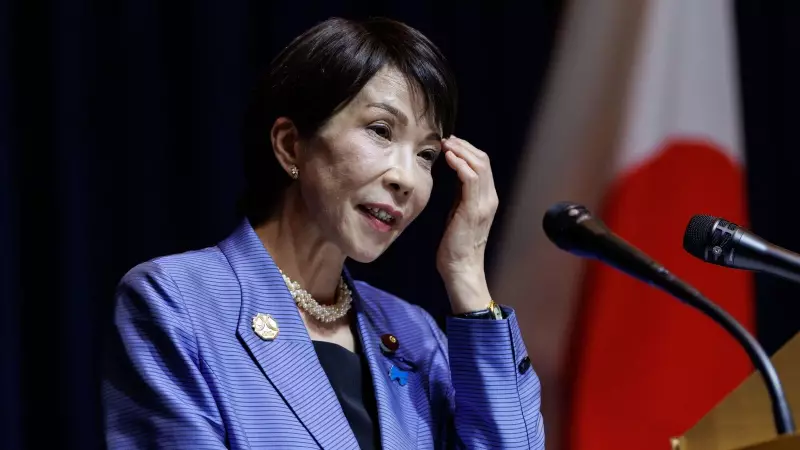
In a significant diplomatic development, Japan's Prime Minister Sanae Takaichi has revealed her administration's determined efforts to arrange a landmark summit with North Korean leader Kim Jong Un. The primary objective: securing the return of Japanese citizens abducted by North Korean agents decades ago.
A Personal Commitment to Resolve Historical Injustice
Prime Minister Takaichi, during her recent media interaction, emphasized that resolving the abduction issue remains her "administration's top priority." She expressed unwavering determination to pursue direct dialogue with Pyongyang, stating she would "not spare any effort" in bringing closure to affected families who have waited decades for answers.
The Dark Legacy of North Korean Abductions
The abduction issue represents one of the most painful chapters in Japan's post-war history. During the 1970s and 1980s, North Korean agents kidnapped numerous Japanese citizens from coastal areas and other locations. These individuals were forcibly taken to North Korea for various purposes, including training spies in Japanese language and customs.
Key Facts About the Abduction Crisis:
- Japan officially recognizes 17 citizens as abduction victims
- North Korea admitted to 13 abductions in 2002
- Only five victims were returned to Japan in 2002
- Pyongyang claims eight others died and denies the remaining four entered the country
Diplomatic Thaw or Strategic Maneuvering?
This renewed push for engagement comes amid shifting geopolitical dynamics in the region. While North Korea has recently shown increased belligerence in its weapons testing program, there have been indications of potential openness to dialogue with Japan, separate from stalled negotiations with the United States.
Analysts suggest that North Korea might view improved relations with Japan as a potential avenue to ease economic pressures and create divisions in the US-Japan-South Korea security partnership.
The Human Cost: Families Waiting for Answers
Behind the diplomatic negotiations lie heartbreaking human stories. Family members of abductees have maintained decades-long vigils, holding photographs of their missing loved ones and pleading for government action. Many parents have died without ever learning the fate of their children, while siblings continue the fight for resolution.
Prime Minister Takaichi's announcement brings renewed hope to these families, though the path forward remains fraught with challenges given North Korea's unpredictable diplomatic behavior and the complex web of international sanctions governing relations with Pyongyang.
The proposed summit, if realized, would mark the first Japan-North Korea leadership meeting in years and could potentially reshape regional diplomacy in Northeast Asia.





